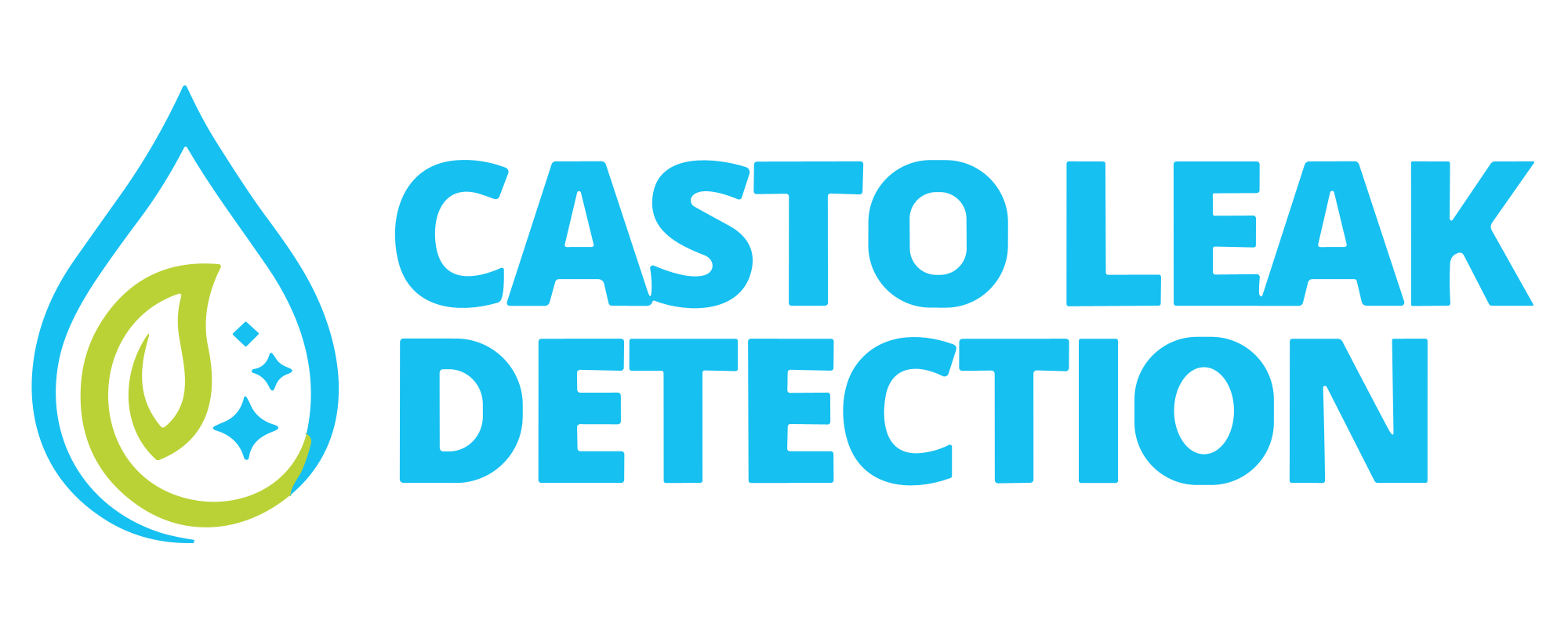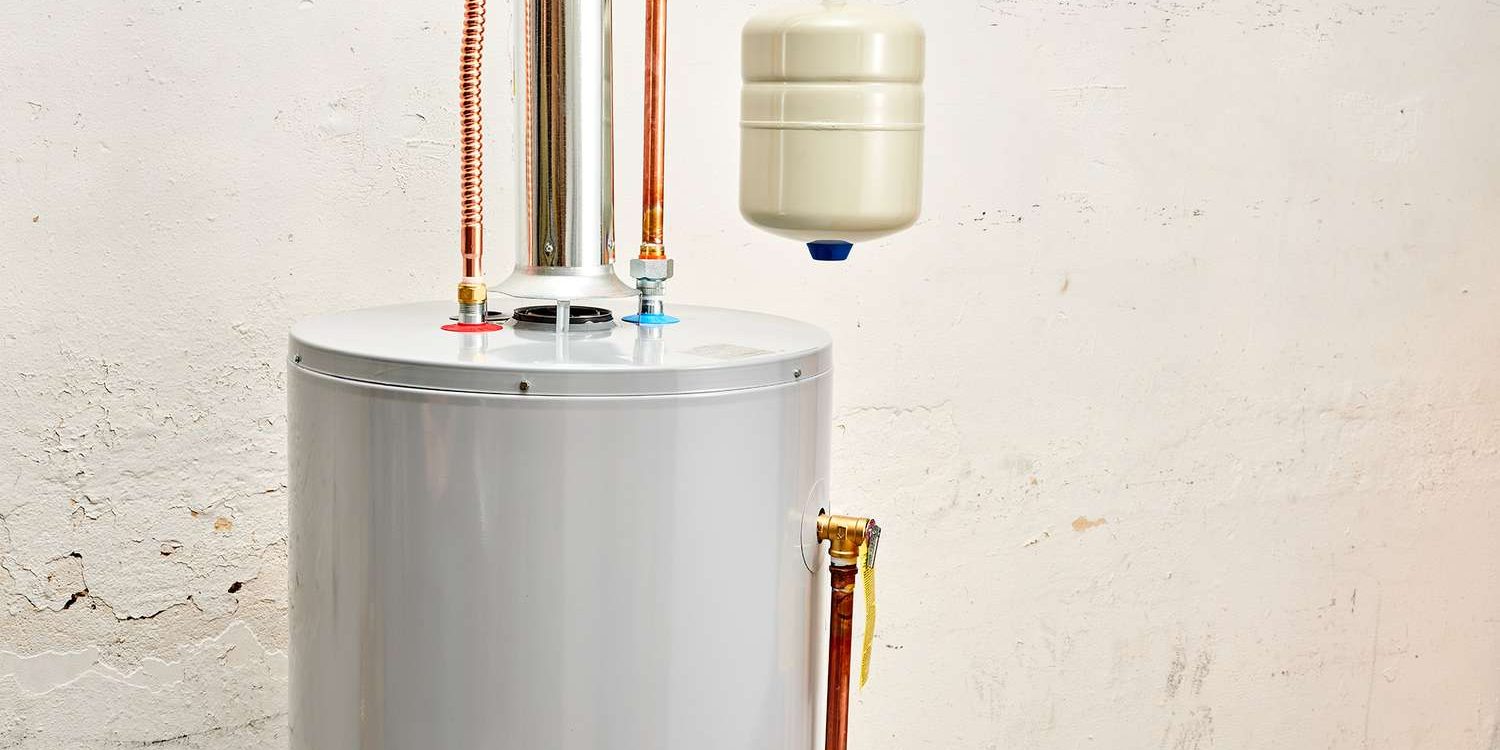Water heater installation is a crucial aspect of maintaining a comfortable and functional home. Whether you’re upgrading to a new unit or replacing an old one, proper installation plays a significant role in ensuring hot water efficiency and safety. In this comprehensive guide, we’ll explore everything you need to know about water heater installation, from selecting the right type of water heater to post-installation maintenance and safety considerations.
Types of Water Heaters
Traditional Tank Water Heaters
When considering water heater installation, traditional tank water heaters are a common choice for many homeowners. These units store hot water in a tank and are available in various sizes to accommodate different household needs. One of the primary advantages of tank water heaters is their affordability, making them a popular option for budget-conscious individuals. However, it’s essential to consider factors such as energy efficiency and space requirements when choosing a traditional tank water heater for installation.
Tankless Water Heaters
Tankless water heaters have gained popularity in recent years due to their energy efficiency and space-saving design. Unlike traditional tank water heaters, tankless units heat water on demand, eliminating the need for a storage tank. This not only saves space but also reduces energy consumption, resulting in lower utility bills over time. When installing a tankless water heater, it’s crucial to consider factors such as flow rate, temperature rise, and compatibility with your home’s electrical or gas supply.
Heat Pump Water Heaters
Heat pump water heaters are another energy-efficient option for homeowners seeking to reduce their carbon footprint and save on energy costs. These units extract heat from the surrounding air and transfer it to the water, making them highly efficient, especially in moderate climates. When installing a heat pump water heater, it’s essential to choose a location with adequate ventilation and consider factors such as ambient temperature and humidity levels to ensure optimal performance.
Preparing for Installation
Assessing Your Water Heating Needs
Before proceeding with water heater installation, it’s essential to assess your household’s hot water needs. Factors such as the number of occupants, daily usage patterns, and peak demand times should be considered when determining the size and type of water heater that best suits your needs. By accurately estimating your hot water requirements, you can ensure that your new water heater provides sufficient hot water for your household’s needs without wasting energy or resources.
Selecting the Right Location
Choosing the right location for your water heater is crucial for optimal performance and safety. Ideally, the installation site should provide adequate space for the unit and allow for proper ventilation to prevent overheating and combustion hazards. Additionally, the location should be easily accessible for maintenance and repair purposes. When selecting a location for your water heater, consider factors such as proximity to plumbing connections, electrical or gas supply lines, and potential sources of heat or moisture that could affect the unit’s operation.
Gathering Necessary Materials and Tools
Before beginning the installation process, it’s essential to gather all the necessary materials and tools. Depending on the type of water heater you’re installing, you may need pipes, fittings, valves, insulation, and safety equipment such as gloves and goggles. It’s important to use high-quality materials and follow manufacturer recommendations to ensure a successful installation. Additionally, having the right tools on hand will make the installation process more efficient and minimize the risk of errors or accidents.
Installation Process
Preparing the Site
Once you’ve selected the location for your water heater and gathered all the necessary materials and tools, it’s time to prepare the installation site. Start by clearing the area of any debris or obstructions and ensuring that there is adequate space for the unit. If you’re replacing an old water heater, be sure to disconnect and remove the existing unit safely. Additionally, check for any existing plumbing or electrical connections that may need to be modified or upgraded to accommodate the new water heater.
Installing the Water Heater
With the site prepared, you can begin the installation process by positioning the water heater in the designated location. Follow the manufacturer’s instructions for connecting the unit to plumbing lines, ensuring that all connections are secure and leak-free. Depending on the type of water heater you’re installing, you may need to make additional adjustments or modifications to accommodate specific requirements. Once the unit is securely in place and all connections have been made, test the water heater to ensure proper functionality before proceeding.
Testing and Troubleshooting
After installing the water heater, it’s essential to test the unit to ensure that it’s operating correctly. Check for any leaks or irregularities in water flow and temperature, and verify that all safety features are functioning as intended. If you encounter any issues during testing, refer to the manufacturer’s instructions for troubleshooting tips or consult with a qualified professional for assistance. It’s crucial to address any problems promptly to prevent further damage or safety hazards.
Post-Installation Maintenance
Regular Maintenance Tasks
To ensure the long-term performance and efficiency of your water heater, it’s essential to perform regular maintenance tasks. These may include flushing the tank to remove sediment buildup, checking for leaks or corrosion, and inspecting pressure relief valves for proper operation. By staying proactive about maintenance, you can extend the lifespan of your water heater and prevent costly repairs or replacements down the line.
Troubleshooting Common Issues
Despite proper installation and maintenance, water heaters may experience occasional issues that require attention. Common problems such as inadequate hot water, strange noises, or fluctuations in water temperature may indicate underlying issues that need to be addressed. Refer to the manufacturer’s instructions or consult with a qualified professional for troubleshooting tips and recommendations. It’s essential to address any issues promptly to prevent further damage or safety hazards.
Extending the Lifespan of Your Water Heater
By following proper installation and maintenance practices, you can significantly extend the lifespan of your water heater and maximize its efficiency. Strategies such as installing insulation to reduce heat loss, adjusting temperature settings to conserve energy, and scheduling regular inspections can help keep your water heater running smoothly for years to come. Additionally, be mindful of your household’s hot water usage habits and make adjustments as needed to minimize wear and tear on the unit.
Safety Considerations
Understanding Safety Codes and Regulations
When installing a water heater, it’s crucial to comply with local building codes and safety regulations to ensure the safety of your home and family. Familiarize yourself with relevant codes and requirements for water heater installation in your area, including guidelines for ventilation, electrical wiring, and gas connections. Failure to adhere to these regulations can result in safety hazards, fines, or penalties.
Safety Tips for DIY Installations
If you’re considering installing a water heater yourself, it’s essential to prioritize safety throughout the process. Before beginning installation, shut off power and water sources to prevent accidents or injuries. Use caution when handling the unit and follow manufacturer instructions closely to avoid mistakes. Additionally, wear appropriate safety gear such as gloves and goggles to protect yourself from potential hazards.
When to Hire a Professional
While DIY installation may be feasible for some homeowners, certain situations warrant professional assistance. If you’re unsure about your ability to safely install a water heater or encounter unexpected challenges during the installation process, don’t hesitate to seek help from a qualified professional. Licensed plumbers or contractors have the necessary expertise and equipment to complete the installation correctly and ensure compliance with safety regulations.
Frequently Asked Questions (FAQs)
What type of water heater is best for my home?
The best type of water heater for your home depends on factors such as your hot water usage, available space, energy efficiency preferences, and budget. Common options include traditional tank water heaters, tankless water heaters, and heat pump water heaters.
How long does it take to install a water heater?
The time it takes to install a water heater can vary depending on factors such as the type of water heater, the complexity of the installation, and any necessary modifications to plumbing or electrical systems. On average, installation can take anywhere from a few hours to a full day.
Can I install a water heater myself, or do I need to hire a professional?
While some homeowners may be able to install a water heater themselves, it’s essential to consider factors such as your level of expertise, local building codes, and safety regulations. In many cases, hiring a licensed professional ensures proper installation and compliance with regulations.
How much does water heater installation cost?
The cost of water heater installation can vary depending on factors such as the type of water heater, the complexity of the installation, and local labor rates. On average, installation costs range from a few hundred to a few thousand dollars.
Do I need to replace my water heater if it’s still working?
While it’s tempting to delay water heater replacement until it fails, it’s essential to consider factors such as the age and efficiency of the unit. Older water heaters may be less energy-efficient and more prone to leaks or breakdowns, making replacement a wise investment in the long run.
How can I extend the lifespan of my water heater?
Regular maintenance, including flushing the tank to remove the sediment buildup, checking for leaks, and inspecting pressure relief valves, can help extend the lifespan of your water heater. Additionally, adjusting temperature settings and scheduling annual inspections can prevent premature wear and tear.
What size water heater do I need for my home?
The size of the water heater you need depends on factors such as the number of occupants in your home, your hot water usage patterns, and the peak demand for hot water. A qualified plumber can help you determine the right size water heater for your needs based on these factors.
How do I know if my water heater needs to be replaced?
Signs that your water heater may need to be replaced include age (typically over 10 years old), frequent breakdowns or repairs, reduced hot water output, and visible signs of corrosion or rust. If you’re unsure whether your water heater needs replacement, consult with a qualified professional for an assessment.
Are there any rebates or incentives available for installing a new water heater?
Some utility companies and government agencies offer rebates or incentives for installing energy-efficient water heaters. Check with your local utility provider or visit government websites to see if you qualify for any programs that can help offset the cost of installation.
What safety precautions should I take during water heater installation?
Safety precautions during water heater installation include shutting off power and water sources, wearing appropriate safety gear such as gloves and goggles, and following manufacturer instructions closely. Additionally, be mindful of proper ventilation and ensure compliance with local building codes and regulations to prevent accidents or injuries.
Conclusion
Proper water heater installation is essential for ensuring hot water efficiency, comfort, and safety in your home. By selecting the right type of water heater, preparing the installation site, and following proper installation and maintenance practices, you can enjoy reliable hot water for years to come. Remember to prioritize safety throughout the process and consult with a qualified professional if you encounter any challenges or concerns. With the information provided in this guide, you can make informed decisions about water heater installation and enjoy the benefits of a well-functioning water heating system in your home.







